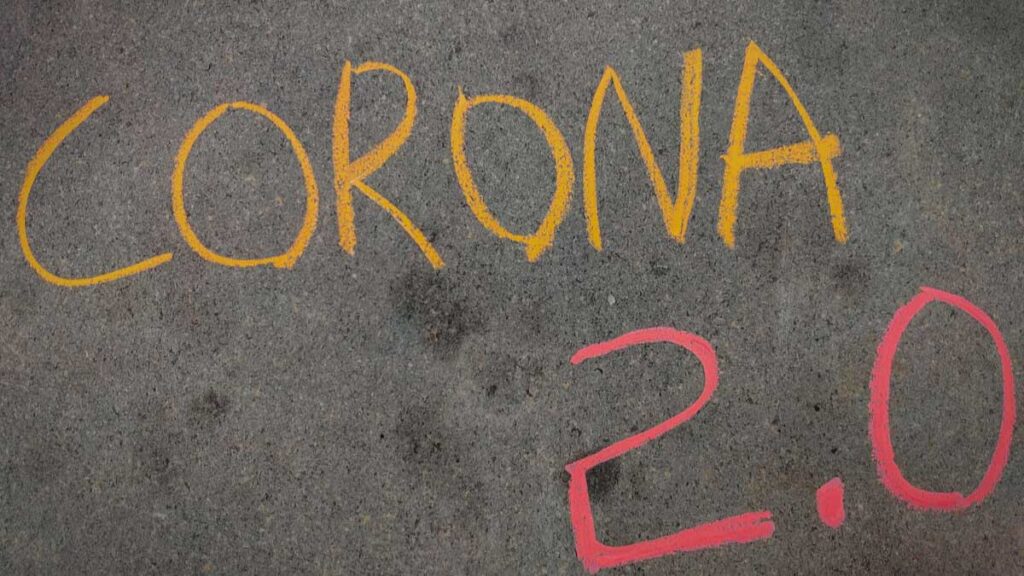
The new strain of Covid-19 recently discovered in the UK is out there.
Cases have been reported in various countries on almost every continent, and it seems a round two is inevitable. So, what now? Most people were aware that the virus was here to stay, but now our response to the new coronavirus mutation must evolve, just as the virus has.
While vaccine production and distribution must now jump into overdrive, we simply cannot sit by and rely on the vaccine to save the day as supplies are limited. Not everyone will get the vaccine any time soon, and the mass vaccination process is a slow one.
The mutation in the virus may have changed the structure of the Covid-19 spike-protein considering it is 56 percent more contagious, previously assumed to be 70 percent. If so, the vaccines may not be as effective as we hoped. However, much study is needed before drawing such an unsettling conclusion.
It is for that reason that intensified health and safety measures such as lockdowns, remote work, government restrictions and even contact tracing are needed to help mitigate the spread of the new strain of coronavirus.
Businesses so far have been taking the safety of their employees into their own hands, and while some have been able to keep their employees safe, many are without the proper support or lack the infrastructure needed to sustain long-term lockdowns.
This is where governments need to step in and enforce even more rigorous regulations on workplaces in response to the new coronavirus depending on the type of work in question.
Accounting for more financial support goes beyond businesses of course.
Financial stimulation and monetary aid distribution may need to be accounted for in many countries as the financial impact of the virus strikes those most vulnerable. Unemployment in the U.S for instance peaked at around 14 percent in April before dropping back to a still elevated 6 percent. The people and businesses that keep them employed must be protected at all costs if the country is to have a steady recovery plan later on.
This is perhaps among the most essential steps to take since we already know that lower income families and individuals are less likely to adhere to safety measures out of necessity. In some countries, many cannot afford a two-dollar mask, as that would constitute a two day’s salary especially with remote work not being an option for many workers around the world.
Educational institutions must undergo a Covid-proof transformation for the long-term, not just as a temporary alternative or precaution. This means changing the physical spaces that students occupy to better facilitate safety regulations, as well as making remote study a central part the global education system.
This doesn’t have to be out of the frying pan and into the fire, because we don’t know how hot its going to get. However, preparing for the worst is the best way of guaranteeing the best outcome, which calls for a newer, more stringent response to the new coronavirus.